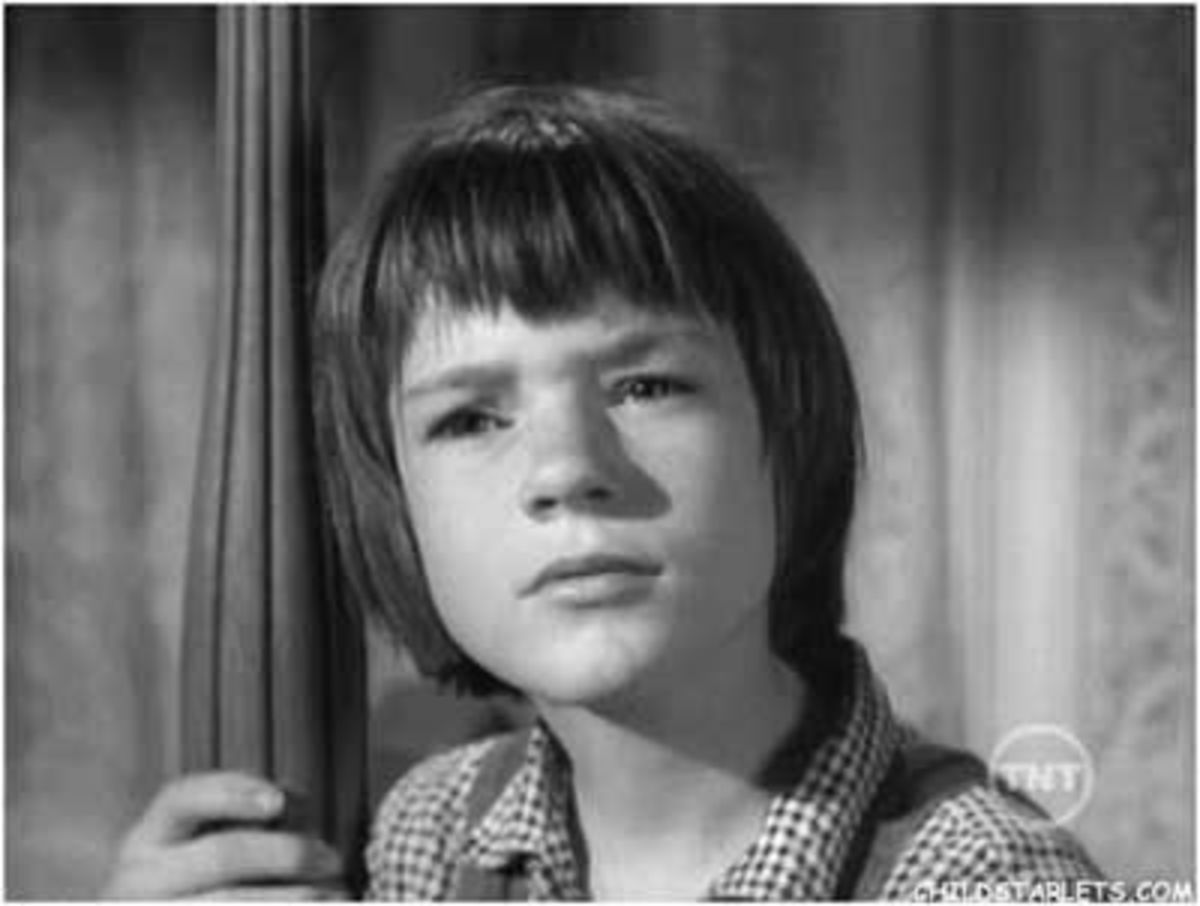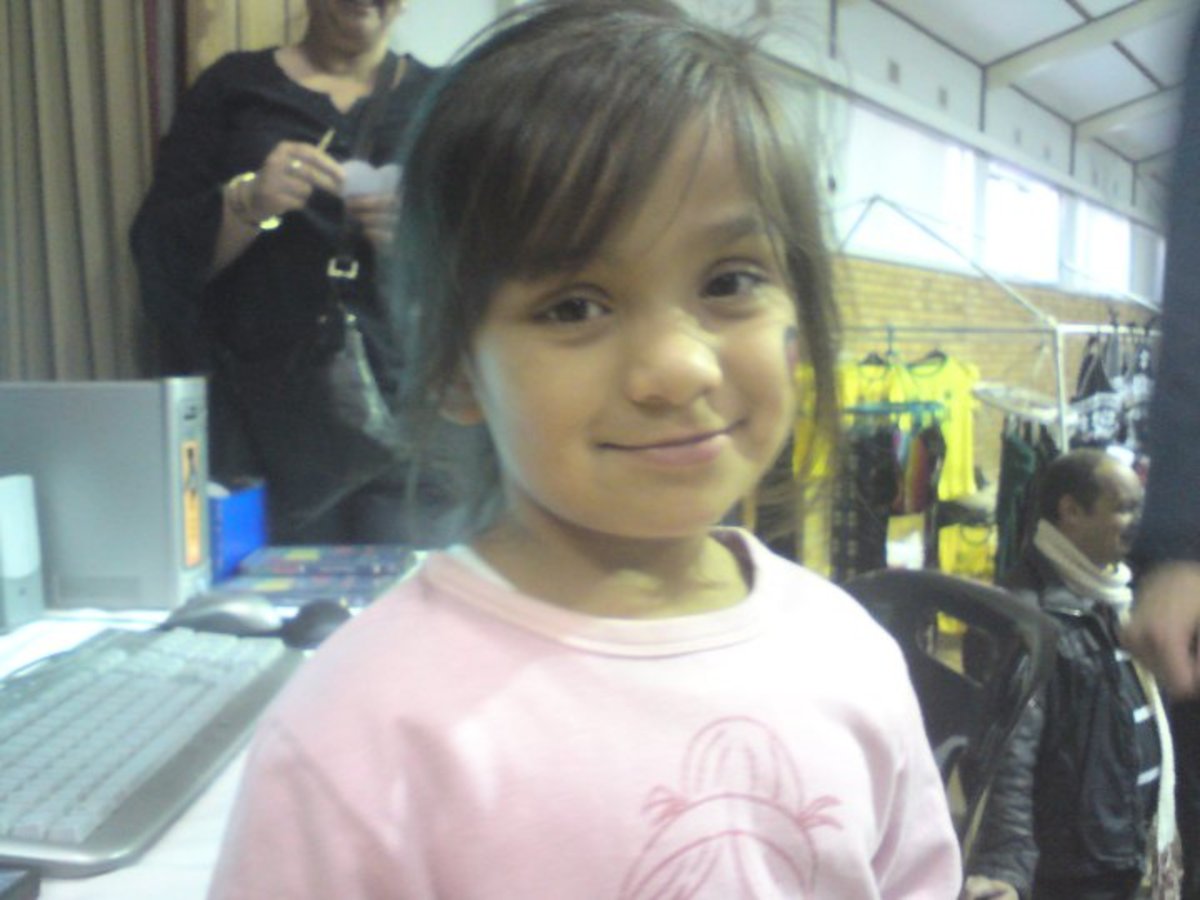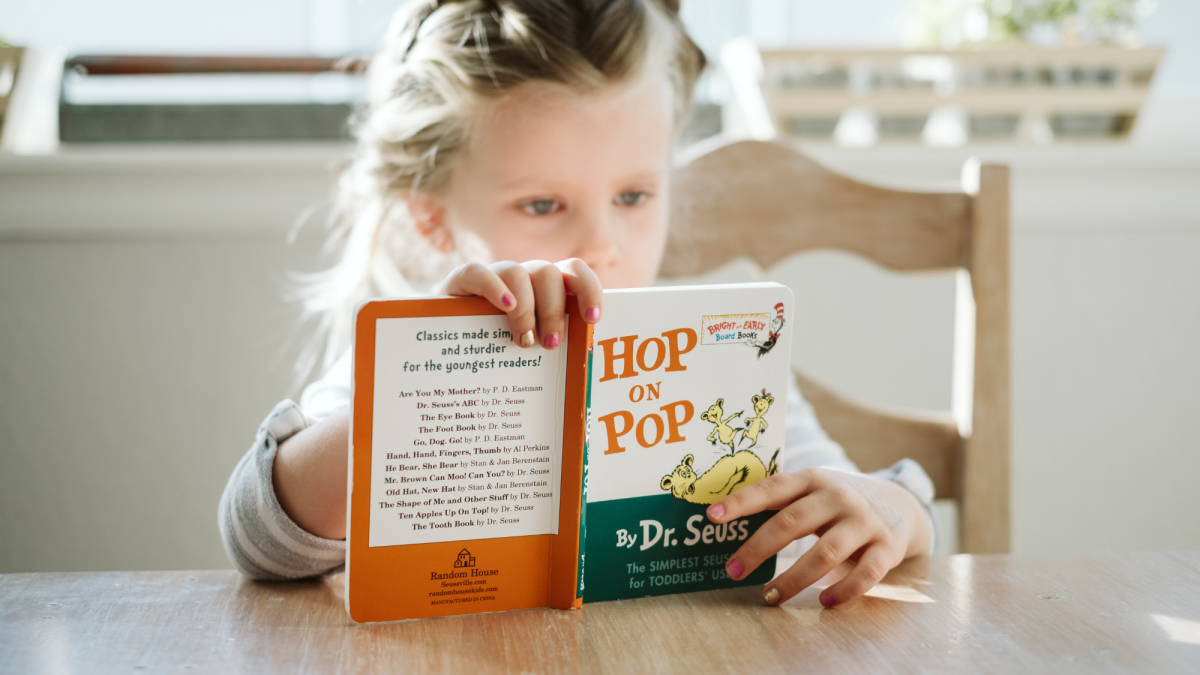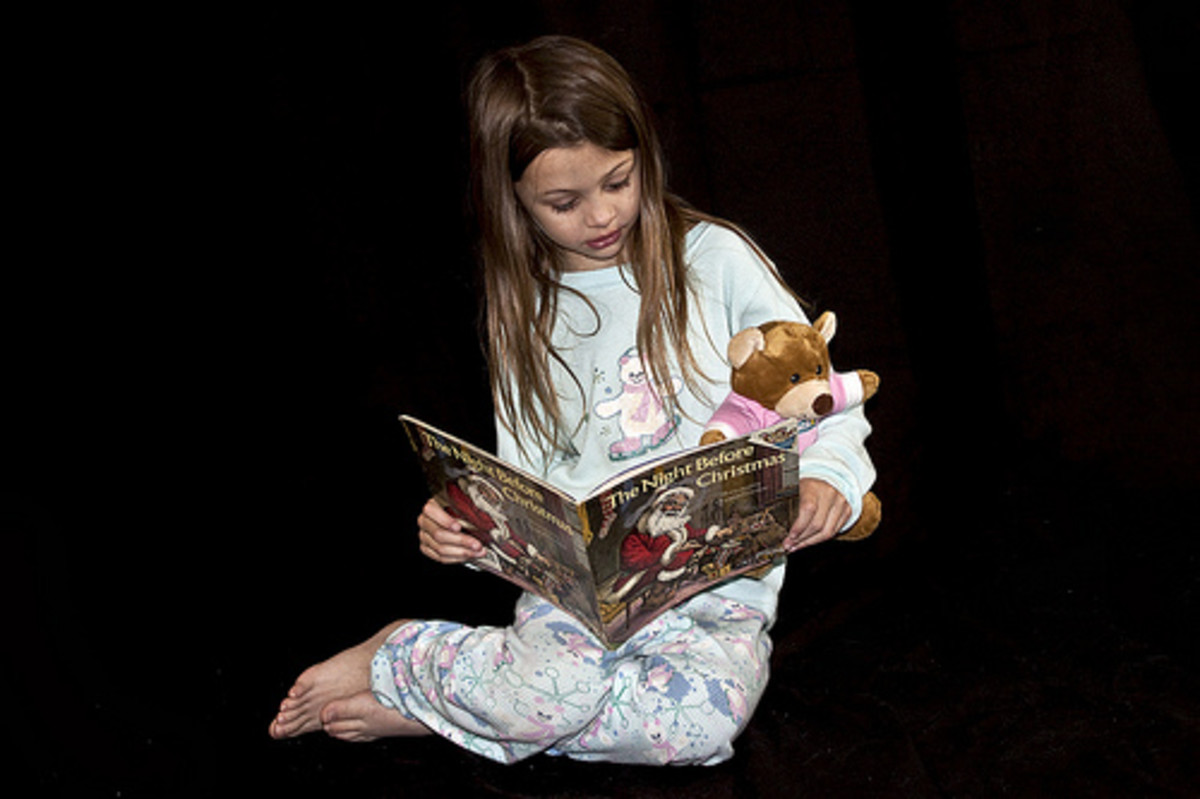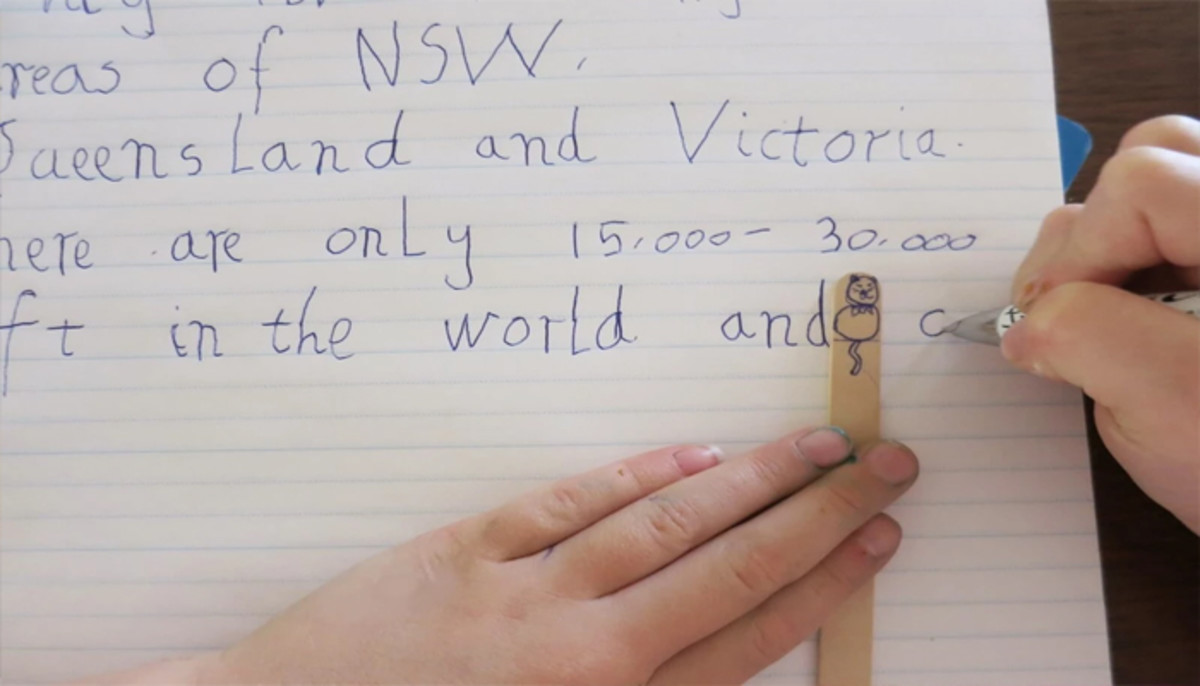How to Kill a Love of Reading, Just by Doing Homework

We all acknowledge that it's important to nourish a love of reading early on. The more kids read, the more likely they are to succeed in school. School success helps to predict their potential productivity in life...or so they say. At any rate, reading improves school performance. It helps kids develop writing skills, and teaches language by simple demonstration. Reading itself teaches grammar and punctuation, vocabulary and sentence structure. Stories on the other hand, those teach social studies, history, mythology, and even about social skills. Through a book, kids can safely experience the pain of bullying, the sorrow of death, the thrill of being lost in the woods or the trials and triumphs of immigration. They learn what it's like to walk in someone else's shoes, which helps them to develop compassion and problem solving skills. They learn about foreshadowing, and how to solve mysteries using hints in the text. They use their own reasoning skills to say 'Oh, come on, that's not possible!'. The learn to use their imagination to illustrate the worlds they read about.
No one would argue that reading itself is a bad thing. But what happens once we have instilled that love of reading? Teachers follow up with a variety of projects that incorporate these reading skills. Unfortunately, many of these reading skills objectives fall short of inspiration, and can actually cause kids to dread reading. Even kids who once needed prodding to put the books away and go outside, or go to sleep, or come eat dessert, can end up dreading the thought of picking up another novel when school assignments go too far.
We've all seen lists of what to do. So here's a list of what not to do. Or, rather, a list of how to kill that love of reading.
Insist They Read "At Reading Level"
Kids who read early, and love to read, often read well above their expected reading level. But sometimes those reading skills need to wait for maturity levels to catch up. A kindergartener should be reading picture books, even if they're capable of fluently reading a chapter of Magic Tree House. And while a first grader is ready to start tackling Magic Treehouse, they need to pepper their reading with picture books. Six and Seven year olds simply aren't ready to follow a storyline through several sittings. They may be capable, but that doesn't mean that they want to. Picture books allow them to finish a story in one sitting, providing a sense of accomplishment and allowing them to see the whole format of the book. From beginning to denoument, they see the problem unfold and get resolved. A picture book is the perfect sized storyline for them to keep in their heads.
As kids get older, it's not just attention levels that we need to worry about. Higher reading level books introduce bigger worries, bigger challenges, and sometimes scary situations. There may even be content that isn't entirely appropriate. Kids who read at too high of a level are well aware that they are missing something when vague references are made to drugs or alcohol, and they may get frustrated that an author uses imagery that they are too young to utilize.
Solution: Let kids read what they enjoy. Sure, they may be well past Junie B Jones; and ready for
Anne of Green Gables. But if they are enjoying Junie B; and find Anne's imagination to be too conceptual still, forcing them to read the higher level book will only squash their spirit. Leave Anne lying around the house and let them read all about Junie B Jones getting into mischief. Encourage them to choose something else on a similar level to Junie B. Eventually they'll pick up Anne and fall in love. But not until they are ready.
Limit Reading
Reading is one thing. Many kids love to read. They may even love to read the books that are assigned to the class as a whole. But, having to read on a schedule just makes them put it off. Or, just as bad, they read and then they have to stop. And they forget where they were in the story as they wait for the rest of the class to catch up.
Often, teachers will even leave reading assignments off at a cliffhanger. The cliffhanger allows them to encourage kids to predict what will happen next in the story, and is designed to inspire discussion. But a kid who loves reading will want to keep going. They may not even notice the chapter breaks.
This creates a problem in two ways. They get in trouble from the teacher for reading ahead, and get left out of the class discussion with kids who actually stopped where they were supposed to stop.
Solutions? Use the cliffhanger discussion for stories being read out loud in class. Ask kids to pause and fill out a questionnaire sporadically throughout their reading (regardless of how quickly they read) and don't punish children for reading ahead.
Do you keep track of what you read?
Write it Down
Teachers need a record of what your child read. That's how they keep track of how much time your child is actually reading for, and what sorts of books your child is reading, and even whether or not your child is on target for their age group.
But for some reason, the very act of keeping score of their reading seems to take away from the magic itself. While some teachers try very hard to get kids to record the number of pages read during a time frame, or even the page numbers themselves that were read, some kids much prefer to simply record the books they finish as they finish them.
Solution? Request a list of completed books. Ask parents to mark off that kids read "at least" the minimum requested minutes (usually 20). Suggest recording times and page numbers. Offer incentives for those who comply, but don't punish those who are simply caught up in the magic.
Analyze This, Analyze That...
A common assignment is to analyze various quotes from the assigned text. Not only are kids asked to analyze; they're required to label the technique they used to analyze the assigned quote. Did they infer something from the text? Did the text inspire visualization? Is this foreshadowing?
Kids who love reading love the experience of reading. While they can look back at a quote and perhaps label how that quote helped them to understand the text better, having to choose quotes and consistently break down their thought process interferes with the enjoyment of the story. After all, kids who love reading can get immersed in a book. They feel a world created around them. Analysis requires pulling themselves outside of that world to take notes.
Solution? That's a tricky one. A list of quotes and questions about what analysis tools a reader might use to analyze the quotes might be less intrusive than having kids take notes throughout the reading process. Rethinking how we teach literature, and what parts of the analytical process are vital to the classroom might work better.
Reading: Love it or Hate it
We want kids to read. We want them to enjoy magical lands. We want them to journey near and far in the pages of a book. And we want them to do well in school. If kids enjoy reading, they often do well in school. But schoolwork can kill off that joy of reading.
Although, as parents, there's little we can do to change what teachers assign, we can help to keep that love of reading alive. We can be their timers and help them keep track of pages read for their 'assigned reading time'. We can encourage them to read regardless of whether they keep track or not. We can provide a variety of appropriate reading materials. And we can continue to read out loud at bedtime, even when the kids are perfectly capable of reading their own bedtime stories. When they hear the books read out loud, they aren't just hearing a story. They're learning the intonations we place in sentence structure, they're learning how to make books sound in their own heads, they're learning how the story itself is structured...and they're spending quality time with parents.
All of which will help to outweigh any assigned-reading inspired dread; and encourage kids, again, to love reading.

